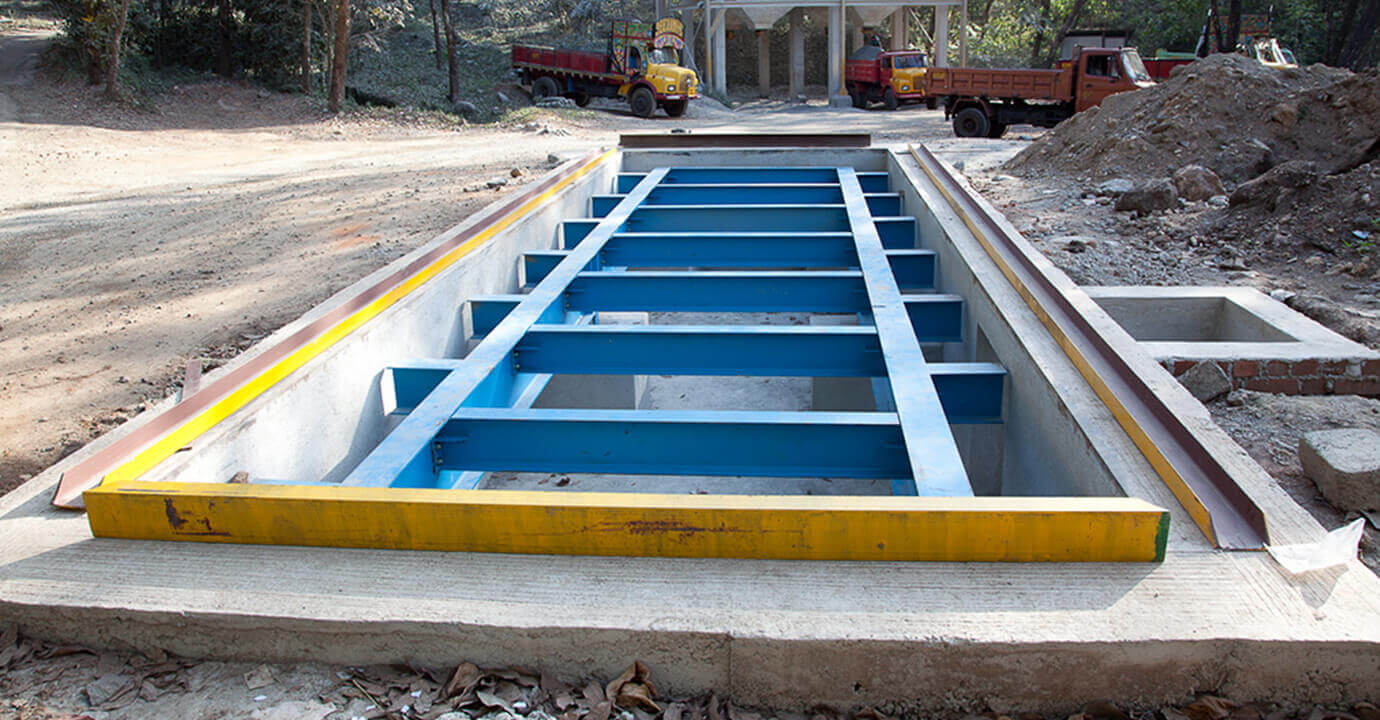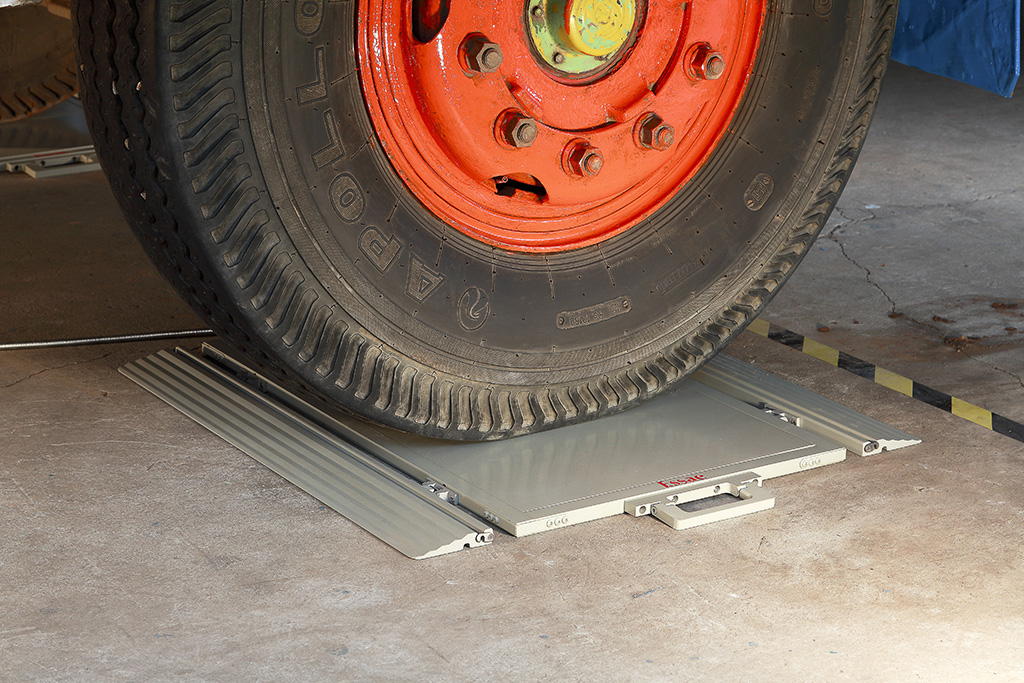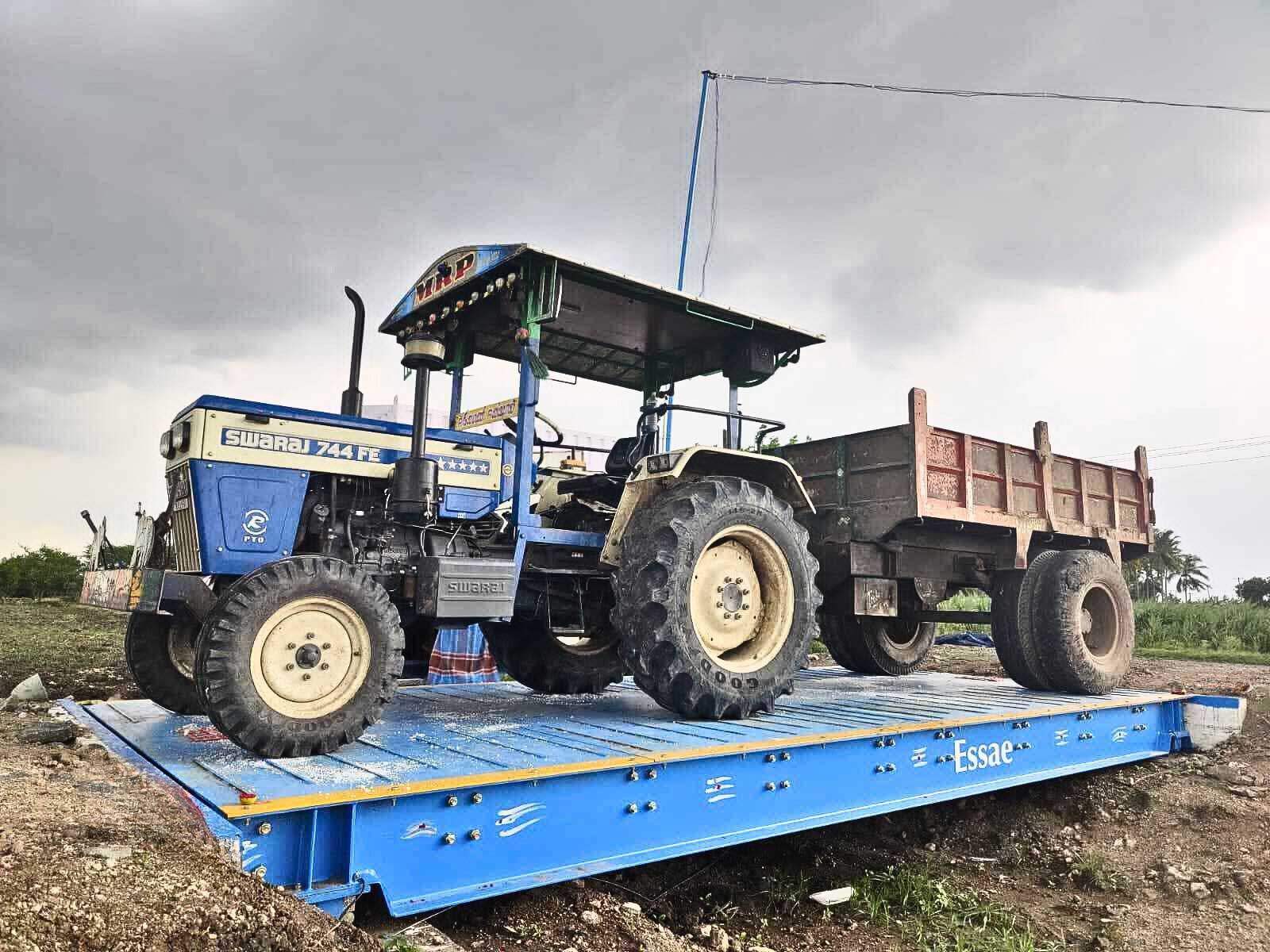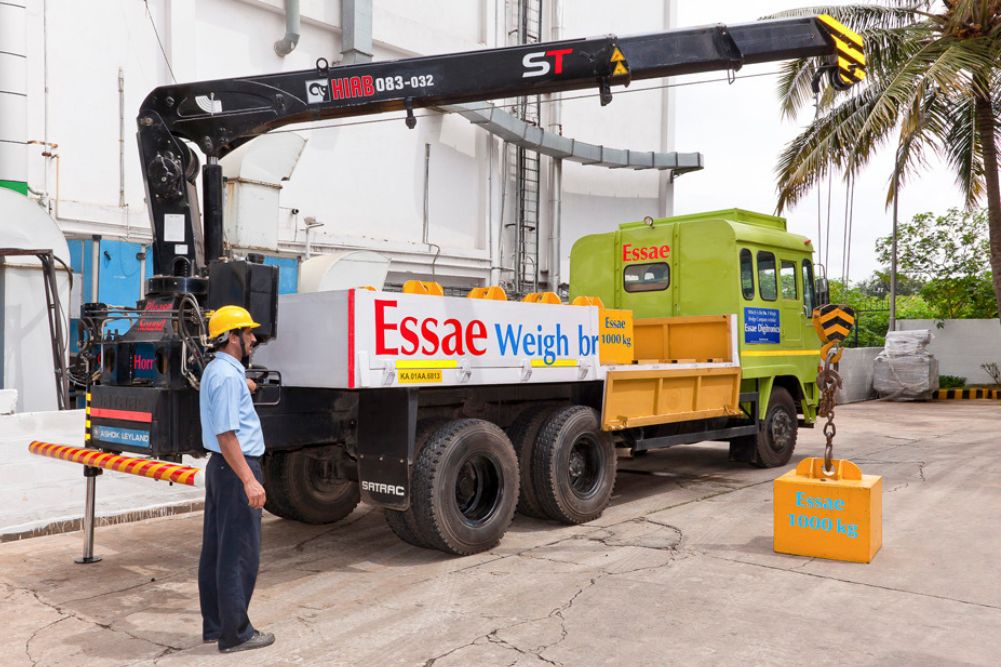
How Weighbridges Contribute to the Construction Industry

The construction industry uses several materials, such as sand, steel, wood, cement, machinery, metal, and bricks. Transportation of such goods poses a challenge for the industry as they have to be moved from one location to another safely and without causing harm to others.
Trucks delivering construction materials and equipment shouldn’t be carrying more than the permitted weight per load. Weighbridges serve a vital function in ensuring that vehicles are not overloaded and follow the laws and regulations established by transportation authorities.
- Safety and Compliance: Overloading vehicles may cause incidents owing to a lack of control. Overloaded vehicles are risky to run on uneven terrain as it compromises the safety of the vehicle. Weighbridges ensure that optimum weight is carried in the trucks. It also improves the performance of the drivers, as they can handle the vehicles safely.
- Vehicle Maintenance: Overloading of vehicles causes damage to components and parts such as suspension, wheels, braking system, and body. Overloading also causes increased fuel use, rendering transportation unsustainable. Higher fuel and maintenance costs reduce the enterprise’s profitability.
- Compliance: Failure to comply with weight regulations can prove costly in terms of fines and penalties imposed by transport authorities. It may lead to the detention of the vehicle at some point.
- Fleet Management: Construction companies have to manage a fleet of vehicles of various types for the transportation of machinery, materials, and equipment. Monitoring the loading patterns helps in optimizing the fleet and controlling logistics costs.
- Prevention of Theft and Pilferage: Weighbridges ensure that commodities transferred from one point to another on building projects are accurately weighed. It assures that the quantity loaded at the source, like a quarry, is delivered in the same quantity at the destination. Quarry owners, cement manufacturers, distributors, and warehouses are among the many industry players who gain from it. This ensures traceability because the entire process is made public, making drivers and supply handlers more accountable for their actions.
There are four types of weighbridges for the building sector.
Essae Digitronics manufactures a range of weighbridges that cater to the needs of the construction sector. Here are some key types:
- Pit-mounted weighbridges: These weighbridges are pit-mounted, so the platform is level with the ground. They are appropriate for areas with limited space because no ramps are required for vehicle access.
- Surface-Mounted Weighbridges: These weighbridges are mounted directly on the ground and have ramps for vehicle access. They’re affordable and simple to install, making them ideal for temporary construction sites.
- Portable Weighbridges: Portable weighbridges are meant to be versatile and transportable. They are perfect for constructing projects that require frequent site alterations.
- Modular Weighbridges: These are made up of several prefabricated modules that can be linked or disconnected as needed. They offer scalability and are suitable for large construction projects with varying load requirements.
Essae Digitronics weighbridges are the greatest choice in the construction industry for precision, efficiency, and compliance. Weighbridges serve the construction industry to meet project deadlines and financial restrictions by ensuring accurate material measurement, efficient transportation, and regulatory compliance. Whether it’s a large-scale infrastructure project or a temporary construction site, Essae Digitronics offers the weighbridge you need at www.essaedig.com.







